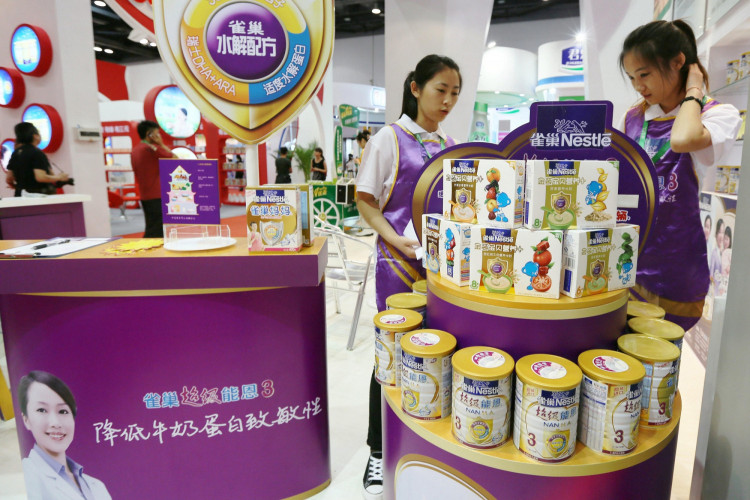Beijing-based premium infant milk formula producer China Feihe has issued an official response to accusations made against it by activist short-seller Blue Orca. The company's quick action resulted in a substantially massive jump in its shares prices in Hong Kong after it called out its accuser for spreading "inaccurate and misleading" information.
China Feihe's share prices in Hong Kong surged by more than 7.2 percent on Tuesday, closing at HK$16.96. The jump was the highest surge in over three months after the company's stock had slumped to HK$14.48 in mid-May. In Wednesday trading, though, shares were down about 5 percent.
The stock lost a few percentage points in value over the past months after U.S.-based Blue Orca accused the company of reporting bloated profits and faked losses. Blue Orca alleged that the company had understated its expenses and bloated its revenues in order to exaggerate its profits. According to reports citing sources close to the matter, Blue Orca is currently short selling China Feihe's stock, with a target price of HK$5.67 per share, or 64 percent below its closing price as of Tuesday.
In a filing with the Hong Kong Stock Exchange on Wednesday, China Feihe stated that it "vigorously" denies the accusations made by the activist short-seller. It added that the information provided by Blue Orca was unsubstantiated and inaccurate. In response, the company issued a positive alert, stating that its revenues had actually increased by more than 40 percent during the first half of the year. China Feihe's stated that they had seen a substantial rise in demand for its high-end infant milk formula, particularly during the height of the coronavirus pandemic.
Since it launched its HK$6.7 billion initial public offering (IPO) in Hong Kong last November, the company has been the target of accusations and controversy. Research firm GMT Research had pointed out the company's failure to pay dividends in the five years before its Hong Kong debut as a sign of negligence and its apparent untrustworthiness. During that time, GMT advised investors to stay away from the stock as it could be targeted by short-sellers.
China Feihe issued a response to GMT's statement, explaining that the reason it was not able to pay dividends was that it was still financing its further business development.
Since its Hong Kong debut, the company's share prices have more than doubled from its HK$7.50 initial pricing. China Feihe holds a substantial amount of market share in the region's baby milk formula and infants' milk sector. According to its listing prospectus, the company claimed that it held a 15.6 percent market share as of the end of 2018.





